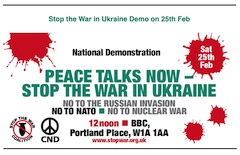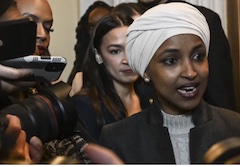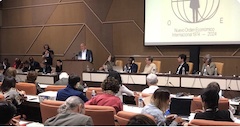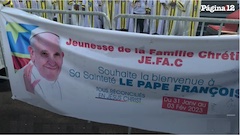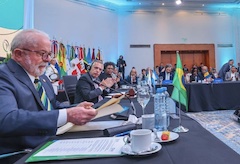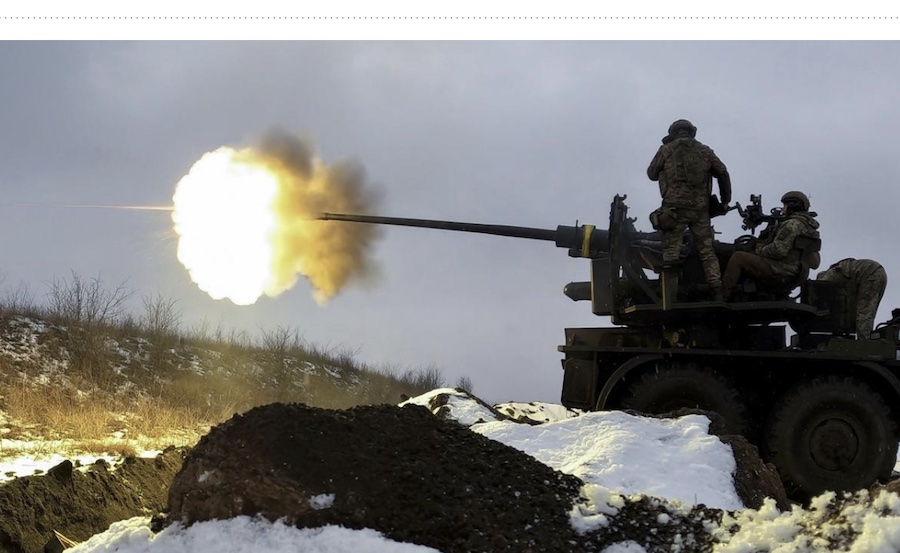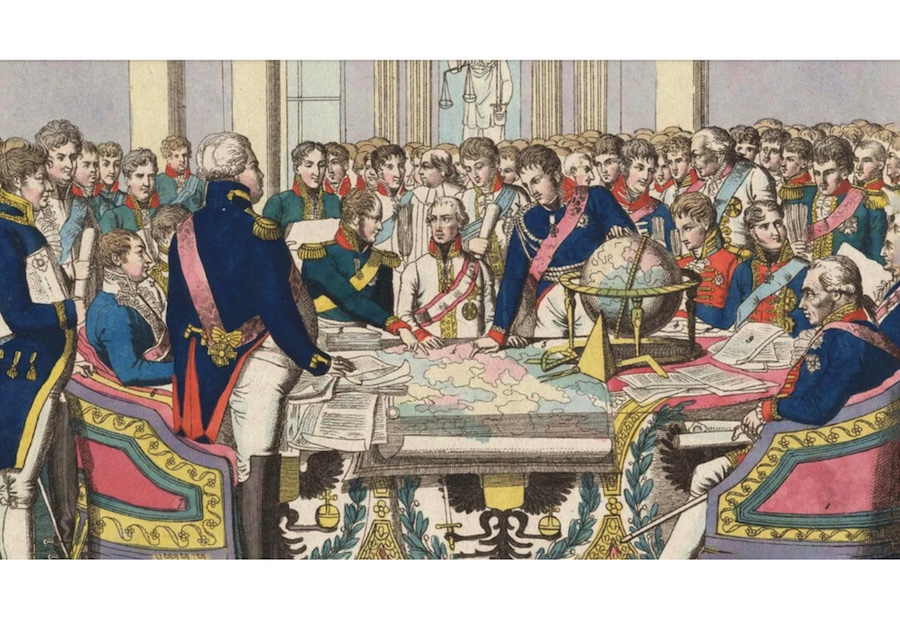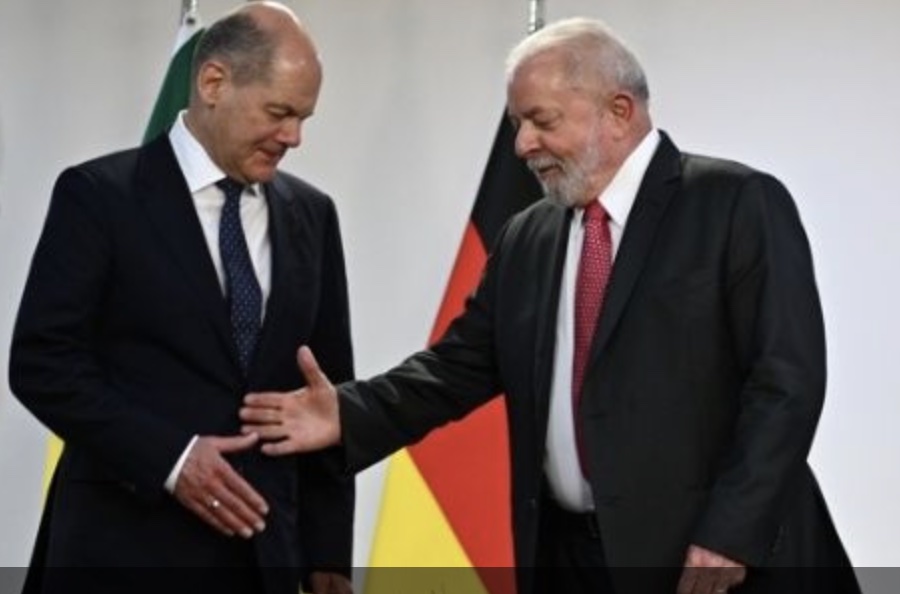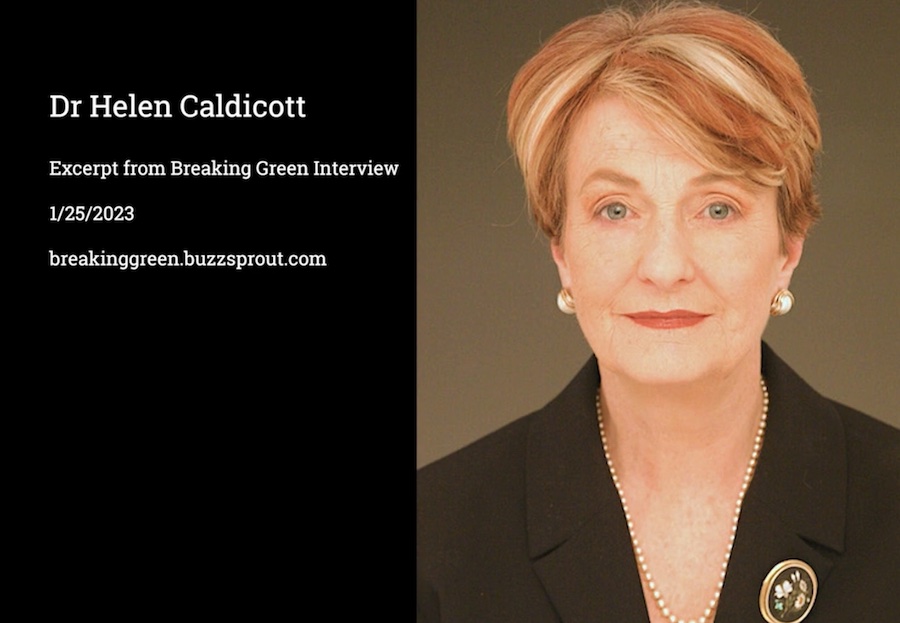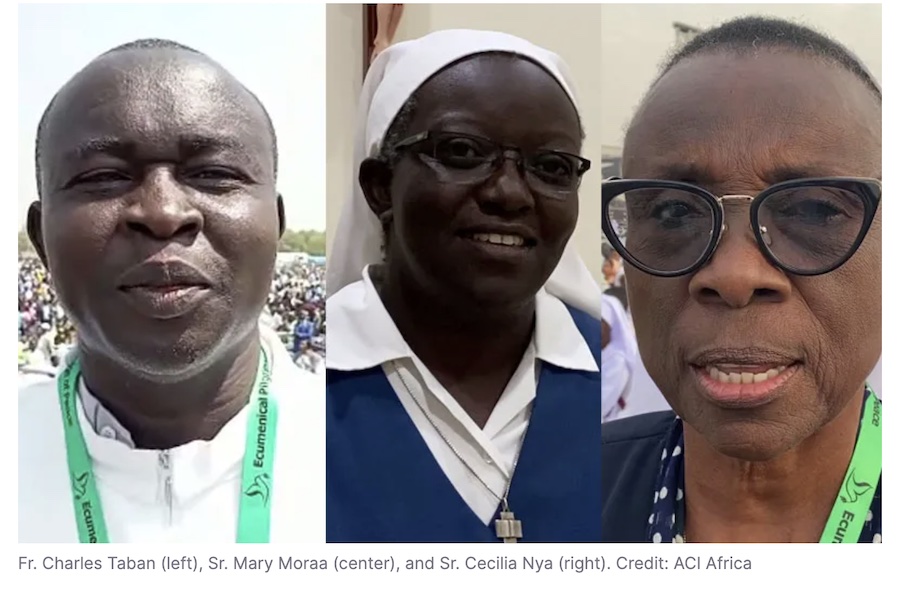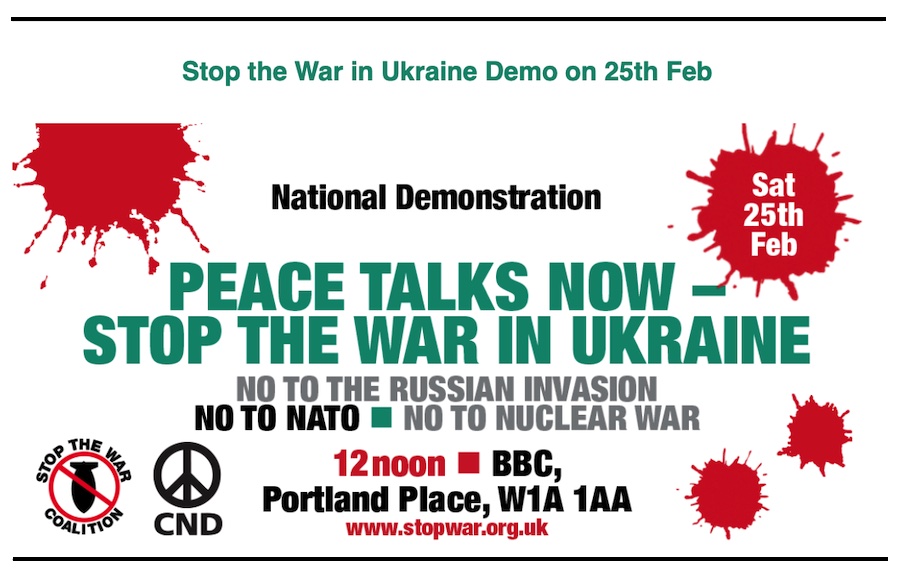… EDUCATION FOR PEACE …
An article by Justine Bonkoungou in Le Faso
The Minister of National Education, Literacy and the Promotion of National Languages Joseph André Ouédraogo launched this Friday, February 17, 2023, the 2023 campaign for non-formal education under the theme “Literacy, factor of resilience of populations in a world plagued by poverty and insecurity”. The launch took place in Dagouma in the commune of Toécé, province of Bazèga, region of the Center-south.

Non-formal education is an important component of national education. Its purpose is to teach literacy to the many adolescents, adults and children who have not had the chance to attend formal school or have received little schooling. And with the closure of many formal schools due to insecurity, non-formal education centers are an alternative to ensure educational continuity for many internally displaced students. Hence the theme “Literacy, a factor of resilience for populations in a world plagued by poverty and insecurity” chosen for the 2023 non-formal education campaign.
Through this theme, according to the Minister of National Education, Literacy and the Promotion of National Languages André Joseph Ouédraogo, it is a question of translating the government’s desire to strengthen resilience in all areas of activity, especially education. “With regard to the non-formal education sub-sector, my department wants to make it a driving force for the development of diverse and multifaceted skills, to contribute dynamically to the structural transformation of the Burkinabè economy and to promote the culture of peace.
In other words, the government wants adolescent, young and adult learners enrolled in non-formal education structures to be equipped with the capacities to learn, to acquire the professional skills necessary for the practice of a profession or a job,” suggested the minister.
(This article is continued in the column on the right.)
(click here for the French original of this article)
What is the relation between peace and education?
(Article continued from left column)
For the present campaign, the State through the National Fund for Non-Formal Education has financed the opening of 3,150 literacy centers, 787 for adolescents and 2,363 for young people and adults. These centers should accommodate 94,500 learners, 23,610 adolescents and 70,890 young people and adults.
Funding for non-formal education in constant decline
The launch ceremony of the national non-formal education campaign was an opportunity for grassroots actors to return to the importance of literacy, and also to publicize the difficulties they encounter. In this regard, Sidonie Sawadogo, representative of the operators and member of the Association for the support of grassroots initiatives, noted, among other difficulties, the insufficient resources made available to the literacy centres, the low remuneration of the operators and above all the insufficient numbers of literacy centers.
The number of literacy centers is indeed insufficient to accommodate all those who wish to learn. This situation can be explained by the decline in funding for non-formal education. Indeed, the funding allocated to this component of national education has decreased from nine billion FCFA in 2011 to three billion FCFA in 2022, decreasing the number of literacy centers opened respectively from 11,542 to 2,117.
Their concern was well noted by Minister Joseph André Ouédraogo who indicated that efforts will be made to increase the number of centers. “It’s a paradox. While the demand is there, the supply shrinks dramatically. But the government is making efforts. The context is very difficult for everyone. Despite everything, the government is making efforts and intends to do more thanks to the contribution of our technical and financial partners. I heard the cry of the heart of the operators and I think that my technicians and I will do everything to ensure that the offer increases in the days to come, “said the minister.
For the past literacy campaign, 25 languages were used for literacy activities and 59,750 people registered to be literate. And out of a total of 39,739 registered for the end-of-campaign exam, 32,993 learners were declared literate, including 27,025 girls and women. Non-formal education thus contributes significantly to the achievement of the overall literacy rate for people aged 15 and over, which is estimated at 29.7%.
